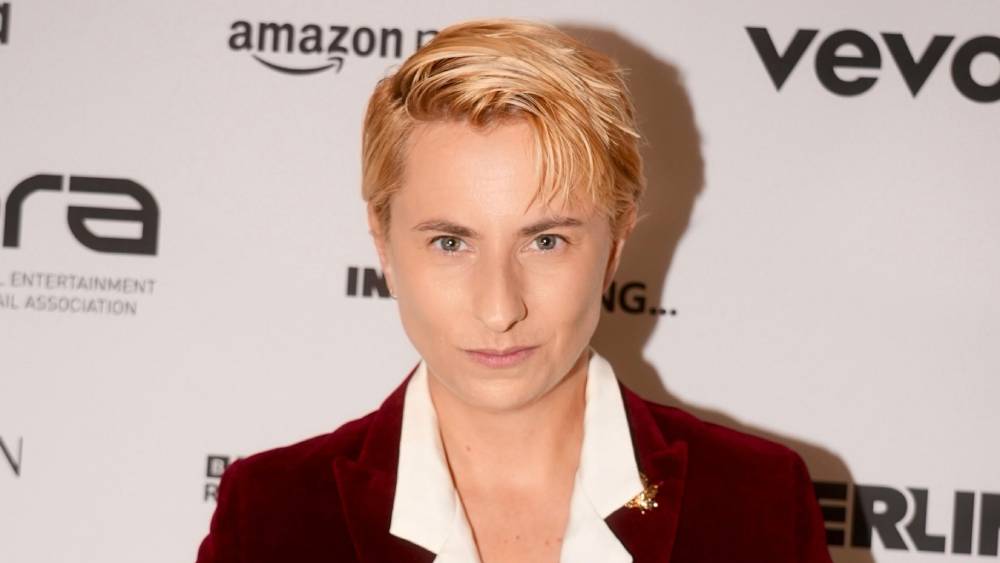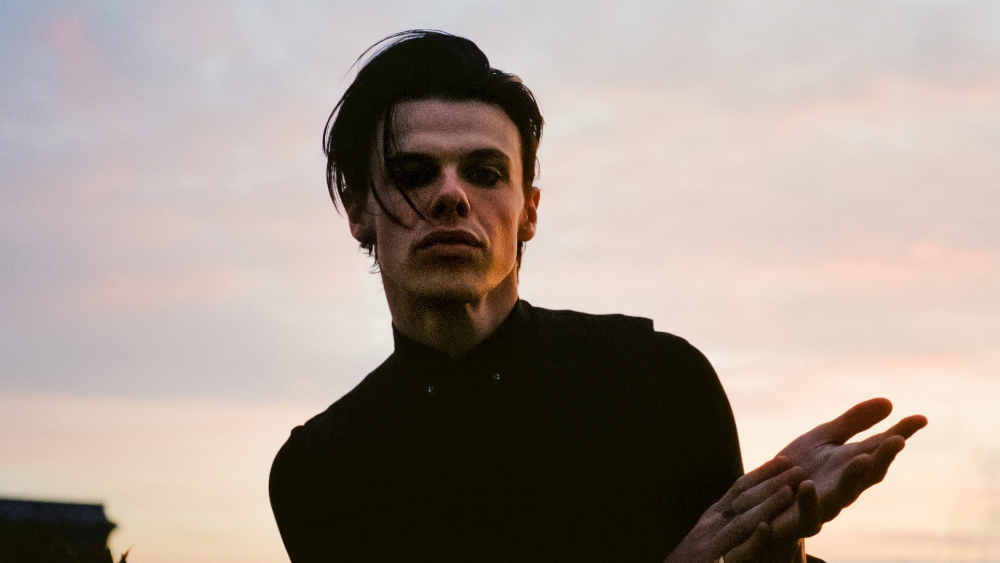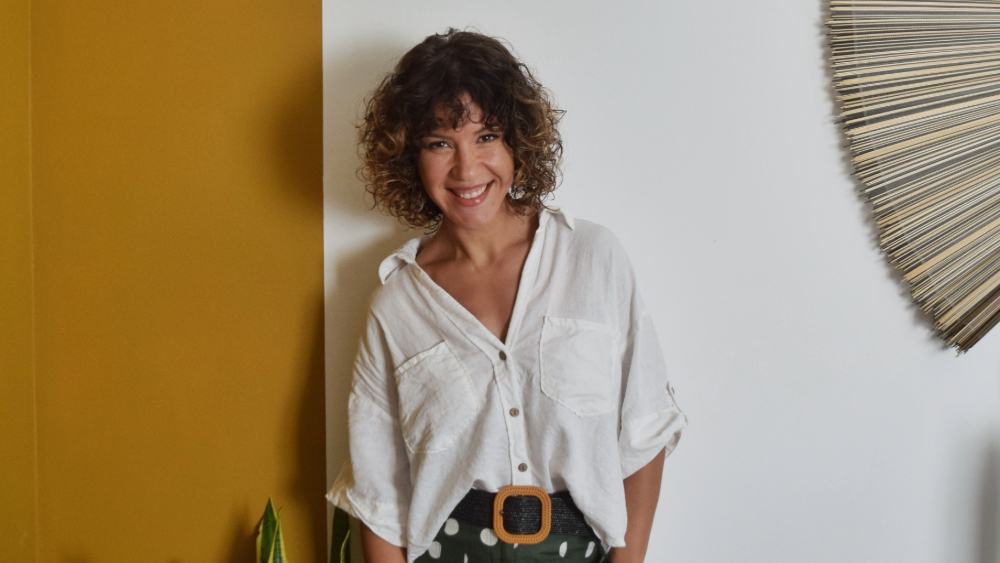For an increasing number of music creators, social media is nearing parity with songwriting in terms of their priorities.
‘You have to be a content creator first and artist second,’ Croydon rapper Flintz says about his current approach to social media. ‘Even though we love to make music, we also love to create. In order to get your music heard, you have to make captivating content that's going to engage your viewers. That's how you grow.’
Over the past decade, social media has become a truly transformative tool for music creators. These platforms provide fertile ground for new music discovery, with many artists relying on these spaces to amplify their music to their loyal followers and new audiences alike. With many favouring short-form video content, Instagram is now as much a music marketing platform as it is a social network. TikTok’s boom during the pandemic, meanwhile, helped springboard emerging artists to viral fame and beyond.
'To get your music heard, you have to make captivating content that's going to engage your viewers.' - Flintz
For Flintz, social media has been interwoven with his music career since its inception. The south London native hosted talent shows on Instagram during lockdown before he entered one himself, scoring a ‘Golden Buzzer’ audition on Britain’s Got Talent in 2022 with his collaborator T4ylor, who he met through Instagram. Now focused on his own music, the 25-year-old says social media is one of his top priorities.
‘I try to make content that’s real and authentic to me,’ says Flintz. With 219,000 followers on TikTok and nearly 80,000 on Instagram, he tries to strike a balance between showing his personality and previewing new music with his posts. ‘I'll do maybe a week's worth of recording [music],’ he explains. ‘The week after, I focus on what content I can make around the tracks I have out at the moment and those I potentially want to tease.’
Flintz is aware of the temptation to feed algorithms that favour snappy content and hook-laden tracks, realising that can be a slippery slope. ‘I don't want to fall into the trap of constantly making “TikTok music,”’ he adds. ‘If you’ve built a good support base around you, [a song] will do what it needs to do — regardless [of] whether it becomes a TikTok hit or not.’
Dulwich-based composer Thomas Hewitt Jones, on the other hand, never expected to have a social media hit on his hands. His music has previously featured in various films, TV shows and theatre productions, and is more likely to be heard on Classic FM than on TikTok’s For You page. That was, of course, until he ‘knocked out’ the novelty track Funny Song, which has since become the default soundtrack to the countless silly moments that populate TikTok. While Thomas insists he’s a ‘private person’ who conducts most of his work behind closed doors, Funny Song’s success has become a new ‘calling card’ of sorts.
‘The key takeaway I found with the viral stuff was that if you get it right, it goes mental,’ he explains. ‘It’s actually very hard to replicate Funny Song. I've tried to do other ones just for fun, but it's very hard to reach those heights again.’
Thomas only uses social media sparingly, but he has noticed how more songs have become ‘bite-sized’ for online consumption. ‘If you’re a songwriter using social media, you've got to interact with your audience,’ he adds. ‘But you've also got to keep the sluice gates closed sometimes and say, “Look, I need to write now”. I don’t think anyone can ever really know where you sit in the market. You just have to put things out and see what comes back.’
Brixton rapper Cristale, who boasts 1.1m TikTok followers and has racked up tens of millions of views across her videos, has experienced her fair share of viral moments. ‘Being a content creator as well as a musician, that's two different things that people demand from me,’ the 24-year-old tells M. ‘One thing is content, and the other is music — and they don’t always cross paths.'
‘The key takeaway I found was that if you get it right, it goes mental.' - Thomas Hewitt Jones
But while it’s easy, as Cristale notes, to get ‘caught up in the numbers’ on social media, it's important for creators to remember that sustaining a real-world music career requires significant personal investment outside of their phone screens.
‘Someone might have millions of streams on Spotify and thousands of followers on their socials, but then only tens or hundreds of people will turn up [to their shows],’ she explains. ‘As much as the [social] numbers look nice and make you feel good, detach yourself from them as much as possible.'
Like many creators, Cristale tries to find the middle ground by making time to promote her music amid taking part in the latest trends or sharing more personal posts. ‘You cannot be inconspicuous in the slightest, as people are gonna think they don't have a connection with you or the music,’ she adds. ‘Cardi B, Beyoncé and Nicki Minaj all use their social media [in this way] — even Adele does.’
According to a 2024 survey by Deloitte, 82% of Gen Z and 70% of millennial music fans discover new artists and music through social media or video platforms which favour user-generated content. With such a wide array of music and genres to explore across the vast social media landscape, Cristale says that this can only be a good thing for the wider cultural ecosystem: ‘I think that's very healthy for music and for young people.'
This article features in the latest special edition of M Magazine, which you can read in full here.





